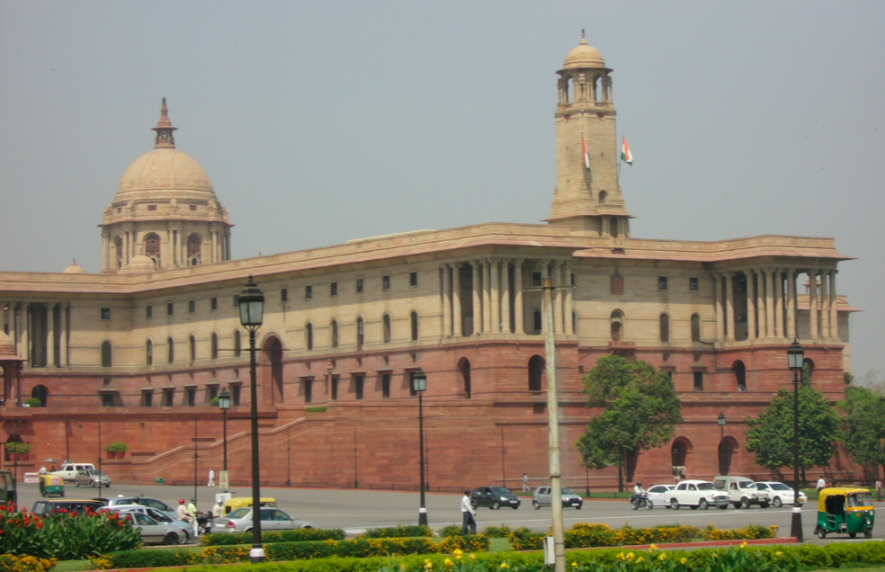Winter Session 2017: Is Parliament Getting Sidelined under NDA?

This year’s much delayed Winter Session of Parliament has begun on 15 December and is scheduled to conclude on 05 January 2018 with a total of 14 sittings. As per PRS legislative research, 40 bills are included in the agenda for legislation, 14 bills are being introduced for the first time, 25 bills which were earlier introduced are specifically for consideration and passing (six out of these 25 bills were not referred to any committee for obtaining suggestions) and one bill has been listed for withdrawal.
Some of the Bills for consideration in this session which have attracted public discourse are The Financial Resolution and Deposit Insurance Bill, 2017, The Transgender Persons (Protection of Rights) Bill, 2016, The Citizenship (Amendment) Bill 2016, The Constitution (123rd Amendment) Bill, 2017, The Surrogacy (Regulation) Bill, 2016. Among the Bills listed for Introduction and Consideration are The Goods and Services Tax (Compensation to States) Amendment Bill, 2017, The Muslim Women (Protection of Rights on Marriage) Bill, 2017, The Representation of the People (Amendment) Bill, 2017, The Indian Forest (Amendment) Bill, 2017 have gained significance.
The Consumer Protection Bill 2015 has been listed for withdrawal based on the recommendations of the standing committee report to replace the bill with a new one.
So far, a look at various statistics taken from PRS legislative research suggests the status of functioning of the Parliament after the Bharatiya Janata Party-led National Democratic Alliance came to power in May 2014.
- This year’s Monsoon Session was held between 17 July and 11 August 2017, functioned for 157.6 hours with 67% and 72% productivity of Scheduled time in Lok Sabha and Rajya Sabha respectively. Only nine out of 25 bills introduced have passed by both the houses in the session.
- In the current 16th Lok Sabha, the percentage of bills being referred to expert committees such as standing committee, Joint Parliamentary committee has fallen to 27% from 71% in 15th Lok Sabha.
- The parliamentary productivity in specific to Winter Sessions has been declining over last three years. While the productivity of Lok Sabha and Rajya Sabha in 2014 winter session was at 98% and 58% respectively, in 2016 session the productivity of the houses was at 16% and 18% respectively. With only 14 sittings scheduled this year, the decline is expected to continue even in this year.
- In the last ten years, 47% Bills were passed without any discussion or debate in the Parliament. And 24 % of the Bills were passed in the last three hours of the session in the same period.
Any layman in the country can understand that the main reason for this year’s Winter Session delay are the Gujarat Assembly Elections. Prime Minister Narendra Modi with his cabinet ministers has campaigned extensively across Gujarat in the last two months. However, with no signs of attention given to strengthening the parliamentary democracy, the NDA government has only worsened it over the UPA regime.
Get the latest reports & analysis with people's perspective on Protests, movements & deep analytical videos, discussions of the current affairs in your Telegram app. Subscribe to NewsClick's Telegram channel & get Real-Time updates on stories, as they get published on our website.
























